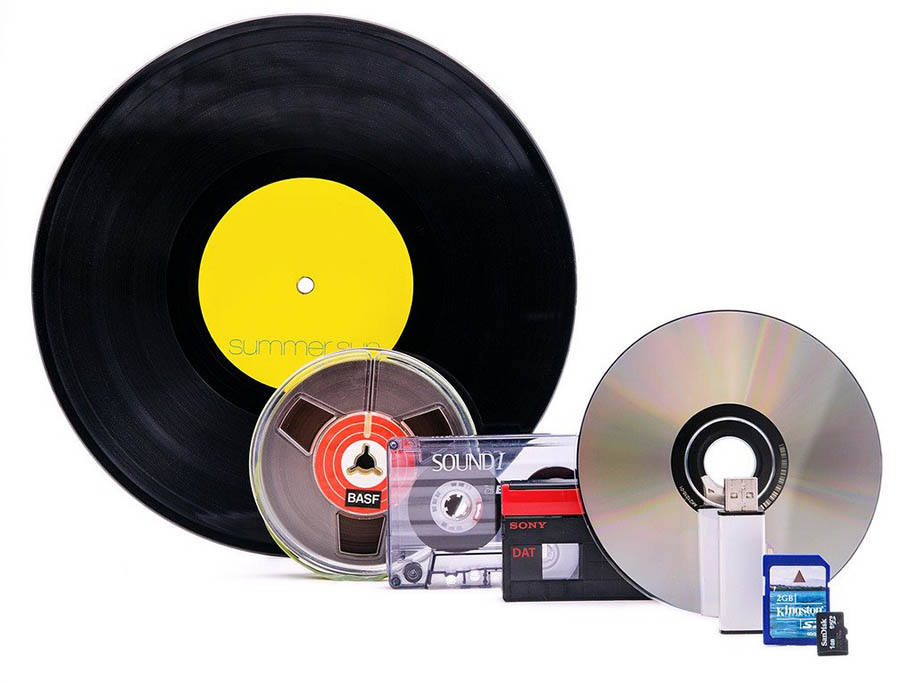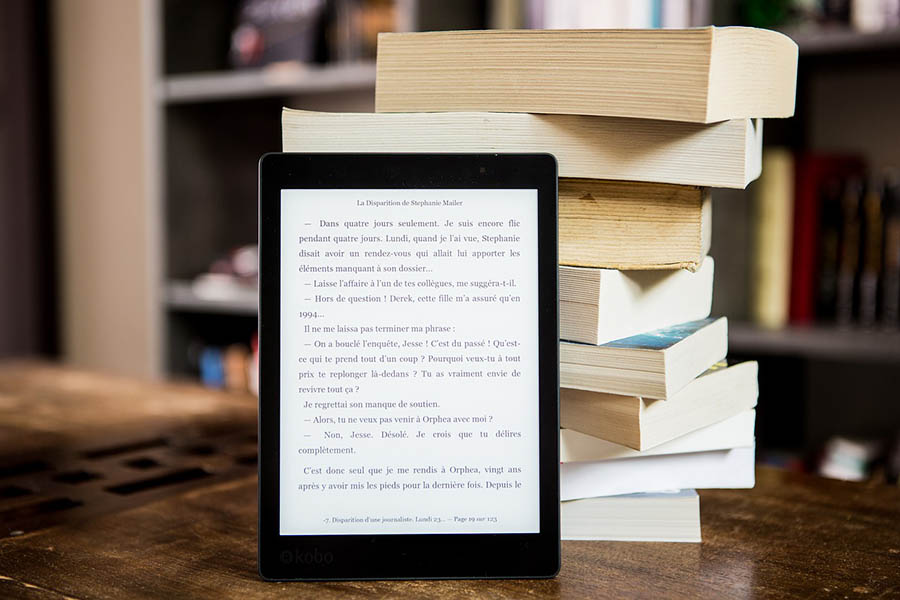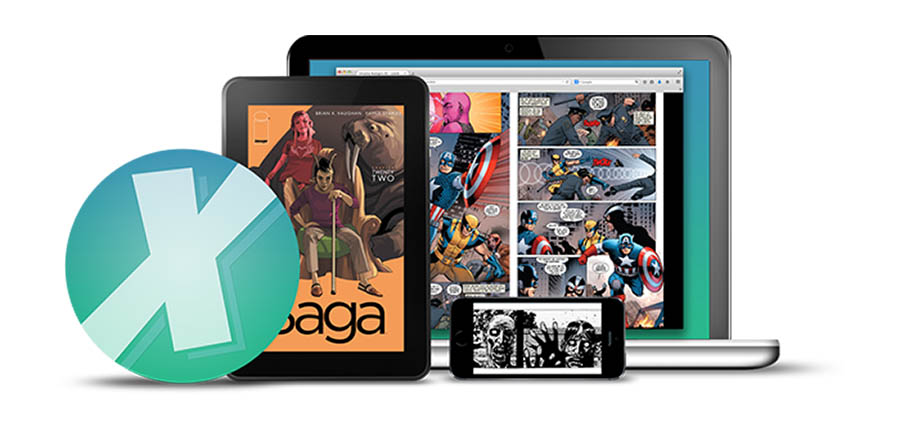We recently wrote on this blog about how the internet has changed over the years. I wanted to take a bit of a closer look at one aspect that particularly fascinates me. One classic trend that we have seen in technology over the years is how electronic devices have become smaller and smaller. Tech gets miniaturised and therefore products become more pocket sized. That has been a trend ever since the 80s. But one of the more modern technology trends is that physical services or objects have been moving online. And like a lot of technological changes, it can have its pros and cons.
Gambling
One industry that has undoubtedly embraced the digital era is gambling. Historically a very physical category, with licensed casinos and betting shops carefully running organised entertainment, it has moved online in a very efficient way. Sports betting can now be done from the comfort of your own home just using an app on your phone; casinos and slots are now available on your laptop with no need to walk the streets of Vegas; and card games can be played online against friends or strangers wherever you are. The online presence has made it easy to join in, and whether you want a tutorial to help you learn tactics, a bonus code to help you enter a game or you want to watch expert Poker players play online, it’s all just a mouse click away.
Music
One of the big categories that often gets talked about in this discussion is music. Back in the day we had vinyl LPs, cassettes and CDs. All of these were physical media and allowed us to have album artwork and inlays that had lyrics and info about the writers and performers. One of the much maligned aspects of MP3s and then streaming music is that there is no tangible object to collect and no physical artwork to enjoy. I loved sitting next to my record player looking at album covers and reading all info in the inlay sleeves. Also there are many people who love being able to listen to a full album of songs that often are related in some way, by a theme or the artist’s current style. Listening to a full album can take you on a journey. But when clicking on individual songs on online streaming jukeboxes we are often overwhelmed by choice and are constantly jumping between individual songs by different artists. Fewer people end up listening to full albums.
Obviously there are pros here too. LPs and CDs take up a lot of space. It can also sometimes be hard to find the album that you want on your shelf, quickly and easily. Online streaming services make this easy. You can have the biggest music collection in the world, without taking up any space at all. All instantly ready at the click of a mouse.

Movies and TV
A similar thing has happened in the small screen entertainment industry. Less and less people are buying DVDs and Blu Rays, as streaming platforms have improved over the last 5 years. Netflix, Amazon Prime, Google Play, Disney+ are revolutionising the online entertainment industry. Most films you might want to watch will be available on one of these platforms and the streaming quality is becoming more and more reliable. Personally, however, I still like to collect physical media. I don’t buy quite as much as I used to but I am still increasing my physical media collection. I’ve found more and more that movies come and go from various platforms and sometimes it might be on a platform you subscribe to and then in a future month you may have to pay to rent it. If I own the physical copy then I know I will always be able to watch it whenever I want. Also I make sure I buy the versions that have extra features like 3D or director’s commentaries, because you don’t get those on the streaming platforms. Having said all that though, space is at a premium and I can’t store all the movies I would like to in my house. So while I buy my favourites in physical form it’s amazing to have a whole library of amazing movies and shows at my fingertips online.
Video games
One other interesting category is video gaming. Often, on the latest generation consoles, you have the choice of buying a game on a disc or buying the digital version in the cloud. Buying the physical copy means you have the actual disc and the box. But these days there is no real advantage in having the box as there are no instructions or dense manuals in there. Games have all their instructions built into the in-game tutorials. And one downside of having physical copies is that you can’t be super lazy, as you have to actually get up off the sofa to put your disc into your PlayStation or Xbox. Online versions can seem like the better option. Your games are always there available and you can never physically lose them. And you can start the game immediately without having to get off the couch. It sounds great. But there are a couple of points to consider with this option. Firstly, your console will quickly run out of hard drive space, so you have to be careful how many games you download. But also one day the digital service may be cancelled, and if anything happens to your console you might not be able to re-download your game. You don’t own the digital game in the same way as you would own the physical version.
Books
One genre that sparks a lot of discussion in this area is books. Many people say that they will never be able to get away from reading physical books. They like the tactility of turning a page, knowing at a glance how far into a book you are, and even just reading the blurb on the back. They like the look of a filled bookshelf, and letting friends see your collection when they come round. And yet more and more people are discovering the benefits of reading a digital book on a Kindle device, an iPad or an eBook app on your phone. You can have one slimline book sized device that can literally store thousands of books on it. You can switch between devices and it remembers where you are. You can even add notes and bookmarks in the digital version, to add to your reading experience. If you’re able to handle the experience of swiping a page rather than turning a page, then the prospect of reading digitally is very attractive indeed.

Fighting Fantasy gamebooks
One interesting subgenre of the book category that has moved to digital format is the interactive storybooks or fighting gamebooks. I’m talking about classic book series such as Choose Your Own Adventure, Fighting Fantasy and Lone Wolf. Fantastic books where you need to make decisions along the way and steer the direction of your story, often using a dice and a pencil too. In theory these lend themselves very well to the digital format and there are indeed several versions online.
Board games
In a similar vein, board games, which by their very name are meant to be physically played on a board or table top, have naturally made their way online. Classic games like Monopoly and Cluedo can be played online, but other more modern board games have also successfully made the jump to being online. This video below contains modern stalwarts such as Warhammer and Blood Bowl.
Comics
The final category listed here is one close to my heart. I used to be an avid collector of comics. But they really do take up a lot of space. Modern services like Comixology, or Marvel Unlimited where nearly every Marvel comic ever published is available, make it very difficult indeed to buy physical comics ever again. I’ve been converted, and I now just buy graphic novels and trade paperbacks of the very best runs, instead of buying every single issue physically.

In summary, the move to online definitely has its advantages in every single case, otherwise it wouldn’t have happened. Some genres do still have some advantages in the physical format though, whether it be tactility, aesthetics or sheer nostalgia.


Duncan
Apr 17, 2021 -
Something you haven’t mentioned regarding streaming music is how it has caused the charts to lose any kind of relevance. This morning I did some research and back in the 1970s a 7″ single cost about the same as a gallon of petrol. Despite that top selling singles often sold around one million copies. In contrast recent Christmas number ones have only sold about 70000 and that probably includes 99p downloads.
Part of the fun of supporting a band or artist was going to the shop and buying their latest single then waiting to see how it was doing in the charts. Whether you were a fan or not, people following the charts in the 1990s must remember the Blur vs Oasis chart battles, hyped up so much by the record companies that they made the national news.
A couple of years ago a friends daughter was a finalist in “The Voice”. Naturally she released a couple of tracks but I found it actually difficult to purchase them online (I eventually managed on Amazon). Both Amazon and more so Apple were pushing me towards their monthly streaming services where 99% of the money probably goes to about ten artists (like Ed Sheeran) and my friends daughter would be unlikely to get enough plays to earn anything.
A guy on a tape recorders forum has the brilliant signature “Spotify is Killing Music – and it’s perfectly legal”.
Since I was in town today, the first Saturday non essential shops have been allowed to open this year, I decided I had better put my money where my mouth is and went in HMV and bought a newly released album (Kylie – Disco) on CD. With shops like that it is definitely a case of use them or lose them.